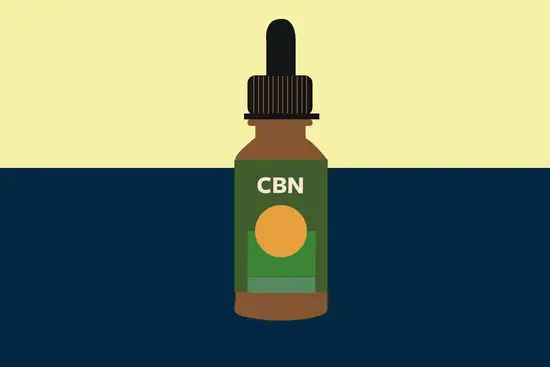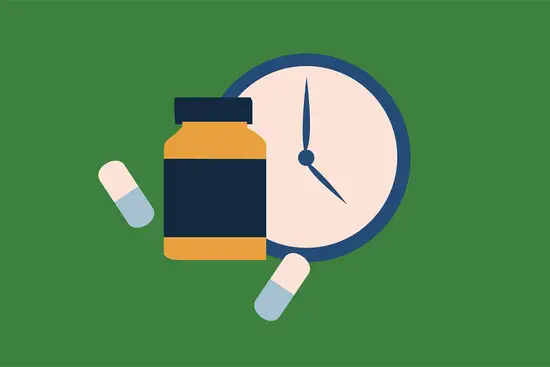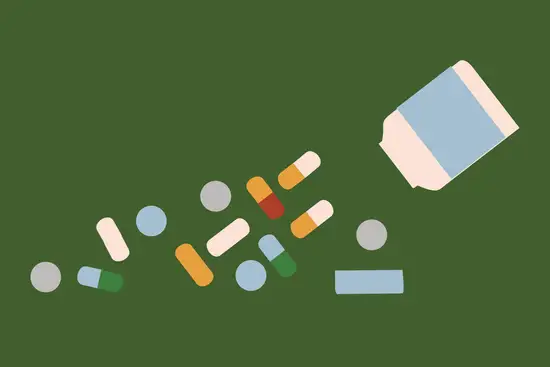Key points
In recent years we’ve seen a boom in sales of cannabis-related products for health and wellness. CBD is one of these compounds getting a lot of attention and is growing in popularity as a natural sleep aid.
This article’s all about the rise of CBD and we’re going to explore:
- what is CBD?
- is CBD good for sleep?
- the pros and cons of taking CBD for sleep
- how to improve your sleep without sleep aids.
Can CBD help you sleep?
Sales of CBD products have exploded across the globe, with the US and the UK currently having the two biggest CBD markets worldwide.
Whether it’s CBD oil, gummies, skin cream or tea… there’s plenty of hype about how these products can help you sleep, but less science to actually back up these claims.
So can CBD really help you sleep? What’s the best CBD for sleep? Are there drawbacks to using it? Is CBD even safe? We’re going to answer these questions and many more.
Let’s get started by looking at exactly what is meant by the term CBD and what this compound is thought to do in your body.
Sleep aids like CBD won’t fix a sleep problem
If you want to improve your sleep long-term, you need to identify the root cause of your sleep problem. A sleep aid like CBD can’t do this, but our clinically validated sleep programme can. Want to find out more? Start by telling us a little about your sleep.
What is CBD?
While you may be aware of some of the supposed health benefits of CBD, you might know less about what it actually does in the body. In fact, scientists are still working to unravel many of the biological functions of CBD, so we’ve still got a lot to learn about this compound.
CBD stands for cannabidiol and it’s a chemical found in cannabis plants. CBD is a type of compound called a cannabinoid. Around a hundred cannabinoids have been identified in the cannabis plant and you’ve maybe heard of some of the main ones:
- tetrahydrocannabinol (THC)
- delta 9 tetrahydrocannabivarin (THCV)
- cannabidiol (CBD)
- cannabinol (CBN).
When you think of the word ‘cannabis’, you might automatically think of the recreational drug, but there’re actually different forms of this plant, and this is important to understand.
Cannabis that’s used as a recreational drug contains THC, which is the compound responsible for inducing a psychotropic effect (the high). These come from the cannabis plant that’s often referred to as marijuana.
Psychotropic substances affect how your brain works and cause changes to your mood, feelings, thoughts and behaviour.1
But there’re also cannabis plants that contain very low levels of THC (so don’t induce a high) and often contain higher levels of CBD than the recreational drug. These are commonly used to make CBD products and are generally prepared from the hemp plant.
CBD is not psychotropic in the same way as THC, so it doesn’t lead to a high in people who take it. This is an important feature because, without this effect, it’s not subject to the same level of legal regulation as compounds like THC.
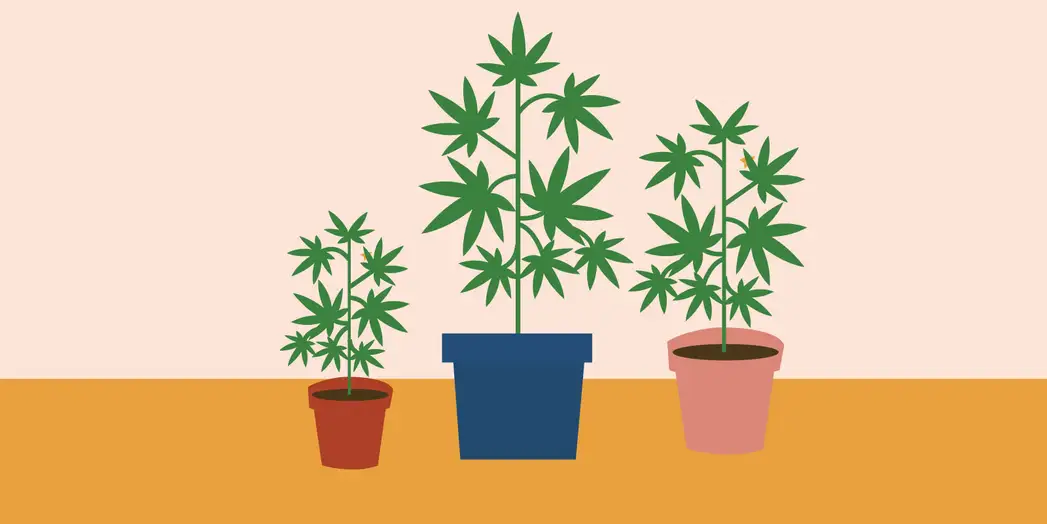
What does CBD do in the body?
If you’re thinking of taking CBD for sleep, or any supposed health supplement, it’s worth understanding how it functions in your body. This helps you to make an informed decision about whether a product or supplement is right for you and what you’re hoping to achieve by taking it.
When it comes to CBD, we don’t yet have all the answers. We know it can interact with a wide variety of systems in your body, but we also know that there’s still plenty to be discovered about how this molecule works.
One key system it interacts with is called the endogenous cannabinoid system (ECS). You probably know your body has certain systems such as your digestive system, nervous system and immune system…
But have you ever heard of the endocannabinoid system? For many of us, the answer will be no. The ECS is an incredibly important system in your body but it’s one that doesn’t get the exposure it deserves.
It was discovered fairly recently in scientific terms ― we’ve only known about it for around 30 years, and we’re still learning about it. For a system that’s discussed so little, the ECS actually has some major functions in the body.
It’s involved in a host of processes across the body including the regulation of:
The main role of the ECS is considered to be in maintaining homeostasis, which means it’s important for keeping internal balance in your body.
The ECS helps the body and brain to respond to change. It also works to restore balance when you experience pain, inflammation or stress.
Imagine you have a fever. The ECS helps send signals to the brain telling it changes need to be made to bring your temperature back into balance. Your brain and body then make changes to bring your temperature down to normal.
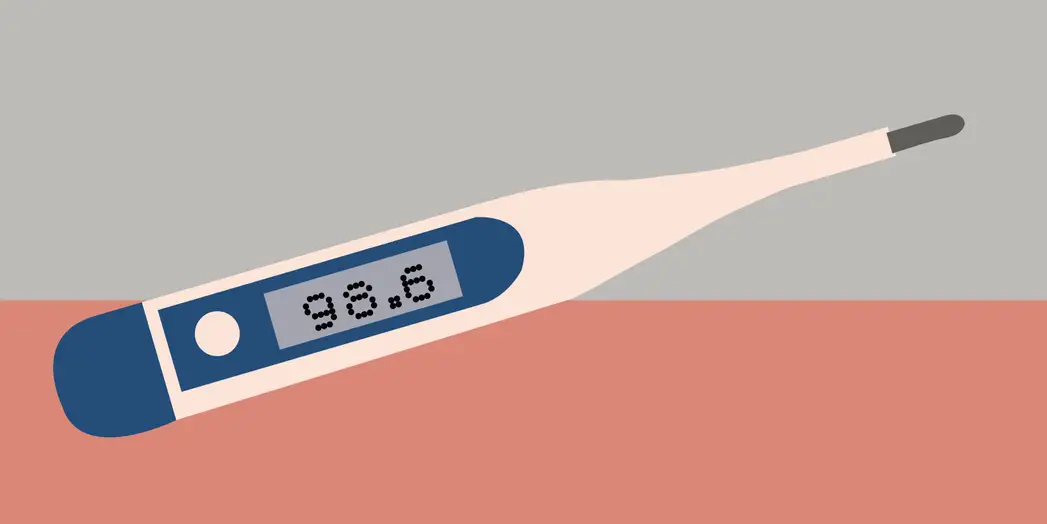
So it’s not the ECS itself that’s fixing the problem. Instead it acts like an alarm system to alert the body that something is out of balance.
ECS receptors are found throughout the body, from the cells of your immune system right through to the lining of your stomach. So this personal alarm system can efficiently alert your brain that something needs addressing, wherever it’s found in the body.
So where does CBD fit into this system?
Your body produces its own cannabinoids, which are called endogenous cannabinoids or (endocannabinoids) and are the molecules that bind to the receptors of the ECS.
Endocannabinoids bind to receptors of the ECS throughout the body. It’s kind of like two jigsaw pieces fitting together. Only certain molecules will fit together with certain receptors in the same way as only matching jigsaw pieces fit together.
So in the ECS, the endocannabinoids bind to the receptors of the ECS and through this binding they bring about changes in the body. Whilst THC can bind to ECS receptors, CBD doesn’t have the same binding power.
CBD is called an exogenous cannabinoid (exocannabinoid) meaning that it’s made outside of the body. It’s more commonly referred to as a phytocannabinoid, which means it’s from a plant.
CBD interacts with the ECS by stopping endocannabinoids from being removed from the receptors or recycled, so their levels remain higher than they would without it being there. By doing this it enhances signalling in the ECS.4
As ECS receptors are found throughout the body and involved in regulation of diverse processes, when a person takes CBD it’s likely going to influence these processes.
However, as always in biology, it’s not quite so simple. CBD also interacts with numerous other receptors around the body that are involved in a variety of important functions. A notable one is the serotonin receptor.
Serotonin is a chemical signal that’s linked to pain, depression and anxiety.5
It’s through this interaction that CBD has been shown to play a part in reducing feelings of stress, anxiety and fear and may be helpful in managing many types of pain.2 This probably explains why CBD can help people sleep.
CBD’s also been investigated for its potential in improving symptoms in immune diseases, cancer, neurological disorders and many other illnesses.2 6
Whilst this all sounds very positive and encouraging, CBD can also have some less desirable effects in the body.
CBD blocks activity of a group of enzymes in the liver called cytochrome p450 enzymes. These enzymes are incredibly important and are responsible for breaking down toxins and drugs in your body.
If you’re already taking medication and then choose to take CBD, this can alter how long the other medication stays in your system. For example, you’re taking a medication (Drug A) that you know treats an illness but, annoyingly, it makes you feel a little dizzy as a side effect.
You decide to take CBD because a friend says it helped them with dizziness. But what you actually find is that you now feel even more dizzy. This is because the CBD you took is blocking enzymes that would normally break down Drug A in the liver.
This means that Drug A stays in your system longer when you take CBD and so the side effect of feeling dizzy also affects you for longer.
While this is just a made-up example, for many drugs the impact of slowing down their breakdown can be quite serious and have major effects in the body, so it’s something you need to keep in mind if you’re considering taking CBD.
Is CBD legal?
Cannabis-containing products are subject to different regulations across the globe. For example in Europe, each member state has its own rules about the legality of cannabis products. Similarly, in the USA it’s the individual states that decide how to regulate these products.
In many countries, the laws surrounding the use of cannabis-containing products are constantly being refined and redefined, as we learn more and more about the potential benefits and drawbacks of using these products in a medicinal setting.
However, in many countries, products containing cannabis extracts are authorised for use with strict laws and rules on how these products may be prepared, used and distributed.7
Across the UK, cannabis is a controlled substance so the sale of products containing CBD is highly regulated. According to the Home Office, CBD is legal if it contains less than 1mg in total of the controlled cannabinoids: THC, THCV and CBN.8
So the short answer is yes, CBD is legal. However the regulation of products containing CBD isn’t perfect and so goods may contain less CBD than is stated on the package, or may have greater amounts of other ingredients, including THC.
If you’re considering taking a product containing CBD, try to choose a product whose ingredients have been validated by an independent laboratory. This should guarantee that all the ingredients and the amounts contained in the product are accurate.
In the UK, all products containing CBD must be registered with the Food Standards Agency (FSA) as novel food products. To date, there are over 12000 products registered here, 131 of which have been validated and none have been authorised.
The validation stage requires a risk assessment to be carried out, showing that the product is safe. Ingredients must be correctly labelled and all relevant paperwork must be provided. After this step, the product advances towards being authorised as a novel food product.
This means that currently only 1% of all the CBD products available on the UK market have even passed the first step towards being recognised as safe food products. If you do find a product that’s not on this list, it shouldn’t be sold in the UK and shouldn’t be used.
Studies have taken CBD products that are on the market and have measured the actual concentration of CBD in the product and compared it with what’s listed on the product labels. Results show that many products are incorrectly labelled.9 10
One study looked at 80 products bought in the USA and found that nearly half of them didn’t have the same amount of CBD in them as was indicated on the label.9 A UK study found that nearly two thirds of the products they surveyed didn’t have CBD levels consistent with the label.10
This study also looked at whether these products contained cannabinoids other than CBD. Worryingly, their results showed that over half of the products had measurable levels of controlled substances such as THC and CBN.10
So the quality of CBD products that you can purchase over the counter is lacking in good regulation. You might not be getting what you’re looking for, with products containing extra ingredients that you don’t want and which may not be within legal limits.
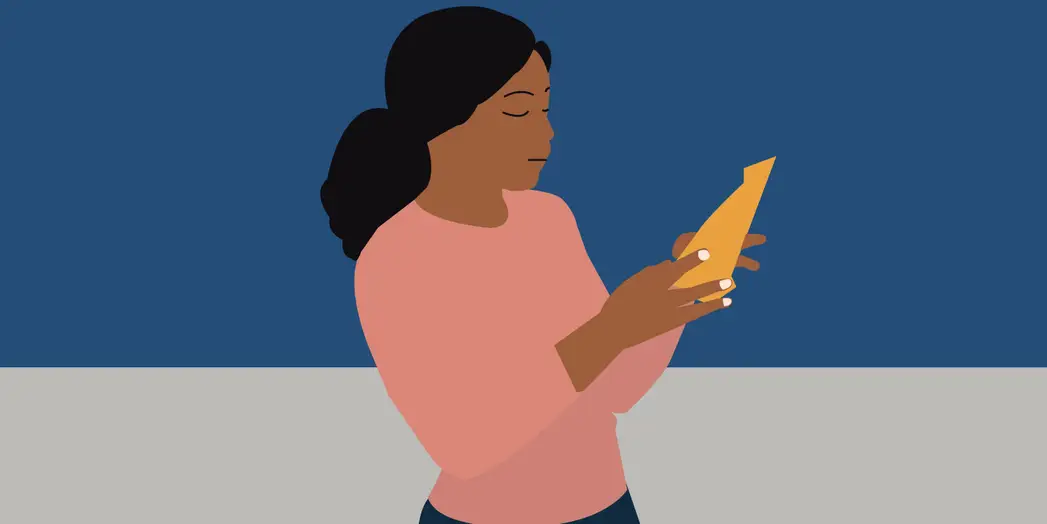
Types of CBD sleep products on the market
Products containing CBD are available in many different formats, including:
- gummies: similar to gummy vitamins, CBD gummies are often flavoured and are chewed
- oil: CBD oils can be taken in drop form, placed under the tongue or can be mixed into food and drinks
- creams and lotion
- capsules and tablets: these are swallowed like a normal tablet and can be convenient for people
- patches: these can be applied to the skin and release CBD directly onto the surface of the skin
- food products: there’re various food items like teas, sweets, cookies and chocolates that contain CBD.
Many CBT products for sleep contain other ingredients aimed at helping you sleep, such as plant products like valerian, chamomile or lavender. Others include melatonin or 5-HTP or L-tryptophan or magnesium.
At the moment CBD oil for sleep is the most popular form people are choosing and it’s generally taken by placing drops under the tongue (sublingually) in the run-up to bedtime.11
There’re also differences in how CBD is extracted and included in the products. Three main types of CBD are available:
- Full-spectrum CBD. This form contains all of the compounds contained in the plant, so will contain trace amounts of THC. In the UK, this type of CBD is extracted from hemp, which is naturally low in THC.
- Broad-spectrum CBD. This is the same as full-spectrum except it contains no THC.
- CBD isolate. The CBD is isolated from the rest of the plant compounds, so you can be sure it’s only CBD you’re getting.
So for someone trying to decide whether to take CBD for sleep, the range and variety of products available can be daunting, and filled with misinformation. Let’s look now at what’s considered the best CBD for sleep and whether there’s evidence to back it up.
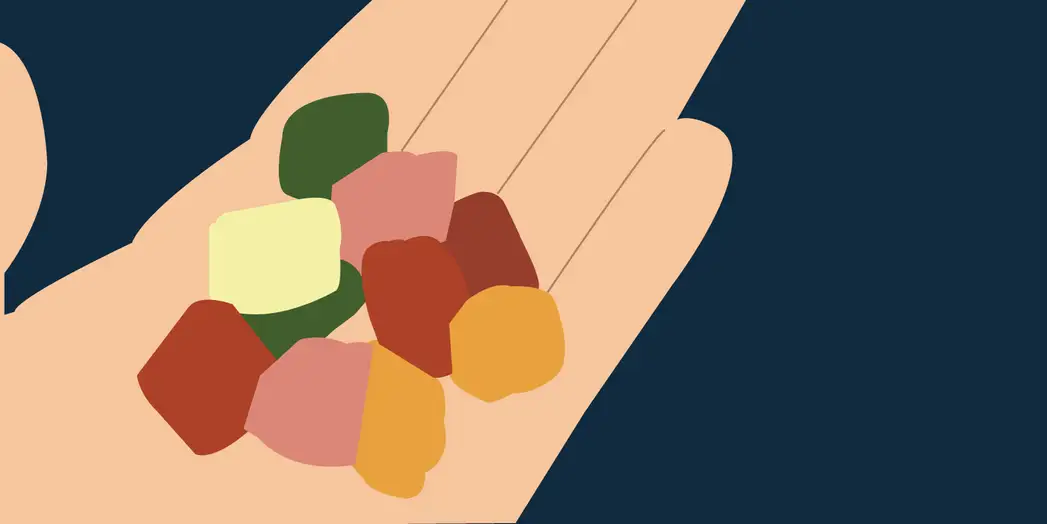
What are the best CBD products for sleep?
CBD research is a field that’s moving fast, so we’re finding out more and more about the pros and cons of this compound all the time. For now, there’re no official guidelines from the UK’s NHS, NICE or the US FDA for how to use CBD for sleep.
According to the latest YouGov survey, in the UK, CBD oil is the most popular CBD product people use. A research study into the reasons people use CBD found that CBD oil was the most popular form people turned to to help with insomnia or sleep problems.11
In this study, 48% of people taking CBD for sleep reported that it helped them to fall asleep quicker. Close to 40% said it helped them to sleep better. These results can’t prove that CBD oil is the best CBD for sleep, but do show that people are leaning towards this form for trouble sleeping.
It’s worth noting though that sleep measurements weren’t taken in a controlled sleep lab or with accurate instruments to record sleep. People were asked to give details of whether they felt that CBD helped them, so any improvements were self-reported by the person taking CBD for sleep.
Because of this we can’t say for certain that taking CBD oil for sleep does work, just that people who take it tend to feel like it helps them sleep. To confirm these results, we need sleep studies where people’s sleep is examined in a controlled way, before, during and after taking CBD for sleep.
Additionally, we don’t yet know enough about the safety and functions of CBD, especially for long-term usage. And finally, with CBD products being poorly-regulated (at the time of writing), it’s often unclear whether the product you choose will actually contain the ingredients you’re hoping for.
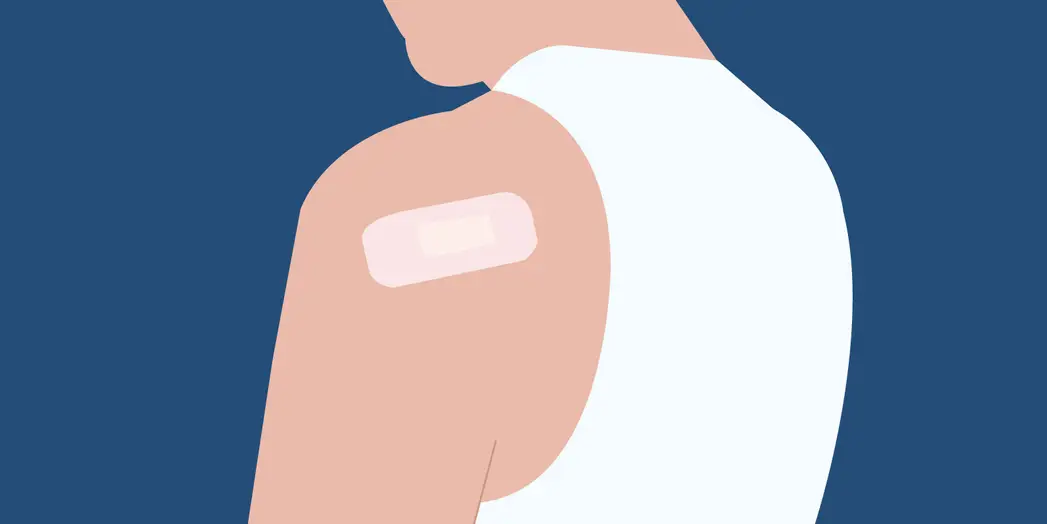
Side effects of CBD
Because products containing CBD are relatively new, we don’t know all the potential side effects of taking them. According to the Food and Drink Administration (FDA) in the USA, and NICE in the UK, potential side effects can include:
CBD may also interact with other medications you may be taking. NICE currently lists 155 identified drug interactions. Alcohol is featured on this list as combining it with CBD may be dangerous ― the two may amplify the effects of each other, so it’s worth taking note if you do drink.
What is the dose of CBD for sleep?
If you’ve searched for CBD products online or in-store, you’ve probably noticed that the doses on the packaging can really vary. Often, labels will have figures such as 750mg/1000mg/2000mg written in big letters on the bottles.
This is a little misleading because, on closer inspection, these numbers usually relate to how much CBD is contained in the entire package, not the dose of the individual gummies, drops or capsules. Most individual doses will be between 5-25mg/dose.
Different doses of CBD have been trialled for different ailments but there’s still a lack of scientific data available. This means a standard dose to help you sleep hasn’t been established. The FDA recommends that you don’t exceed 70mg of CBD per day.
Research studies have shown CBD to be safe at doses up to around 1500mg11 14 but more data is definitely needed here to know how it can affect you long-term and to look at the effects in larger populations of people.
Plus, we probably don’t need to remind you again that what’s on the label may not accurately reflect what you’re getting in the product.
So if you’re looking for what dose of CBD you should take for sleep then the truth is you’re really going to have to wait until good research studies have examined this further. What we can tell you is what the studies so far tell us about the effects of CBD on sleep and sleep disorders.
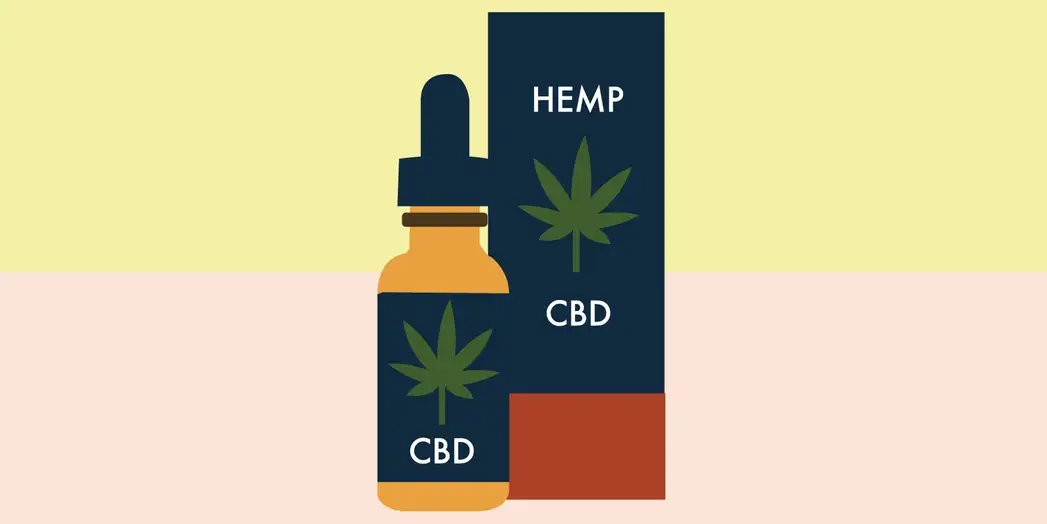
CBD for sleep
Studies specifically looking at using CBD for sleep disorders have investigated a very wide range of doses, with no good consensus on which dose is best. Additionally, many research studies look at CBD in combination with THC, which would be illegal to buy in many countries.
Interestingly, it does seem that at low doses CBD is stimulatory, and can lead to increased wakefulness, while higher doses may be more effective at aiding sleep.15 So if you take it at the lower end of the scale, it might keep you awake, whereas at higher doses it may help you fall asleep.
Studies have shown that different doses of CBD can have different effects on REM sleep, a form of deep sleep, but some of these studies have only looked at the effect in rats, so we really do need more research here.15
CBD in insomnia
In one study of healthy human subjects, a dose of 160mg CBD per day increased how long people slept for overall and reduced how many times they woke during the night.16 One way in which CBD is thought to help people sleep is through its effects on anxiety.
CBD has anti-anxiety properties,17 so by reducing feelings of anxiety, people may see an improvement in their sleep. Stress, anxiety, depression and mental illnesses in general can all impact your sleep, so by improving mental health, it’s possible to improve sleep.
CBD has also gained popularity in managing pain and inflammation.18 Pain can interfere with sleep so if CBD helps reduce pain, the knock-on effect may be that it also helps the person taking it to sleep better.
We offer an alternative to CBD that’s backed by decades of solid science
The global CBD market may be expanding fast, but the scientific research into CBD is increasing at a slower pace. Until we have more large-scale studies of CBD products, a lot of the hype about the benefits of CBD for sleep can’t be backed up.
We’re still waiting for a lot of good, solid science to back up the many claims about how effective CBD is as a sleep aid.
If you’ve been looking at CBD as a potential sleep aid, it’s possible you’ve been experiencing poor sleep for a while. So it could be worth asking yourself why you’re not getting the sleep you need. Do you find it difficult to nod off at night? Or maybe you wake up at 3am and stress about work?
Whether you can pinpoint the source of your poor sleep or you’ve no idea what’s wrong but just know you’re waking up exhausted every single morning, Sleepstation is here for you.
Instead of trying to fix your sleep problem with a sleep aid, let us help you to get to the root of what’s coming between you and a good night’s sleep.
How do we do this?
At Sleepstation, we use a form of Cognitive Behavioural Therapy for insomnia (CBTi) to help you identify why you’re sleeping badly, knocking down the barriers coming between you and sleep.
CBTi is the gold-standard treatment for insomnia, recognised the world over, with decades of scientific evidence to support it. With support from our team of highly-trained sleep coaches who’ll be with you at every step, drawing on the expertise of our sleep experts, you’ll get to the bottom of what’s causing your sleep problem.
We’ll then guide you as you rebuild your sleep through adopting more positive sleep practices, providing you with the tools necessary to fall asleep quickly at night and get the quality sleep you need to be at your best.
Unlike CBD products, the programme we’ve developed in our digital sleep clinic is evidence-based and has been clinically-validated, our success rate is excellent and the results don’t go away when you finish the course. Don’t just take our word for it ― just look at what our service users have to say about how we’ve helped them regain control of their sleep.
Why not take the first step towards better sleep today? Answer a few short questions about your sleep and we’ll be able to advise you on the best route to getting your sleep back on track.
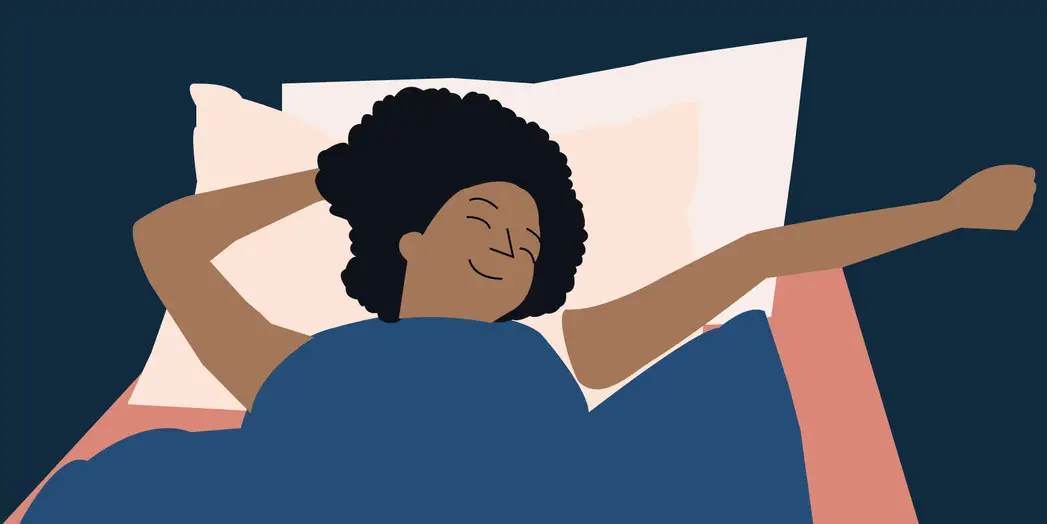
Summary
CBD has been shown to have the potential to help people suffering from a large range of medical conditions, but more scientific evidence is needed to support many of the claims.
- Current regulation of CBD products is not great, with many products on the market not actually containing the true amounts and ingredients that are listed on the label.
- CBD can interact with lots of different types of medication, so you need to consider this if you plan to take it and are under treatment for a medical condition.
- Data supporting CBD as a sleep aid is limited, but many trials are ongoing and initial results look quite promising.
- Unlike CBD, our sleep improvement programme is both clinically-validated and highly effective at improving your sleep.
References
- NCI dictionary of Cancer Terms. National Cancer Institute; 2011. (accessed 8 Dec2022). Available here
↩︎ - Lowe H, Toyang N, Steele B, Bryant J, Ngwa W. The Endocannabinoid System: A potential target for the treatment of various diseases. Int J Mol Sci 2021; 22: 9472. ↩︎
- Sallaberry CA, Astern L. The endocannabinoid system, our universal regulator. Journal of Young Investigators 2018; 34.
↩︎ - Henson JD, Vitetta L, Quezada M, Hall S. Enhancing endocannabinoid control of stress with cannabidiol. J Clin Med 2021; 10: 5852. ↩︎
- De Gregorio D, McLaughlin RJ, Posa L, Ochoa-Sanchez R, Enns J, Lopez-Canul M et al. Cannabidiol modulates serotonergic transmission and reverses both allodynia and anxiety-like behavior in a model of neuropathic pain. Pain 2019; 160: 136–150.
↩︎ - Zou S, Kumar U. Cannabinoid receptors and the endocannabinoid system: Signaling and function in the central nervous system. Int J Mol Sci 2018; 19. ↩︎
- European Monitoring Centre for Drugs and Drug Addiction, Cannabis legislation in Europe: an overview, Publications Office of the European Union, Luxembourg. 2018; Available here. ↩︎
- Drug Licensing Factsheet- Cannabis, CBD and other cannabinoids. gov.uk. 2019
↩︎ - Johnson E, Kilgore M, Babalonis S. Label accuracy of unregulated cannabidiol (CBD) products: measured concentration vs. label claim. J Cannabis Res 2022; 4: 28. ↩︎
- Liebling JP, Clarkson NJ, Gibbs BW, Yates AS, O’Sullivan SE. An analysis of over-the-counter cannabidiol products in the United Kingdom. Cannabis Cannabinoid Res 2022; 7: 207–213. ↩︎
- Moltke J, Hindocha C. Reasons for cannabidiol use: a cross-sectional study of CBD users, focusing on self-perceived stress, anxiety, and sleep problems. J Cannabis Res 2021; 3: 5. ↩︎
- Cannabidiol [Internet]. NICE. [cited 2022Dec8]. Available here ↩︎
- FDA regulation of cannabis and cannabis-derived products, including cannabidiol (CBD). U.S. Food and Drug Administration. (accessed 8 Dec2022). Available here. ↩︎
- Bergamaschi MM, Queiroz RHC, Zuardi AW, Crippa JAS. Safety and side effects of cannabidiol, a Cannabis sativa constituent. Curr Drug Saf 2011; 6: 237–249.
↩︎ - Babson KA, Sottile J, Morabito D. Cannabis, cannabinoids, and sleep: A review of the literature. Curr Psychiatry Rep 2017; 19: 23. ↩︎
- Carlini EA, Cunha JM. Hypnotic and antiepileptic effects of cannabidiol. J Clin Pharmacol 1981; 21: 417S-427S. ↩︎
- Blessing EM, Steenkamp MM, Manzanares J, Marmar CR. Cannabidiol as a potential treatment for anxiety disorders. Neurotherapeutics 2015; 12: 825–836.S. ↩︎
- Mlost J, Bryk M, Starowicz K. Cannabidiol for pain treatment: Focus on pharmacology and mechanism of action. Int J Mol Sci 2020; 21: 8870. ↩︎
